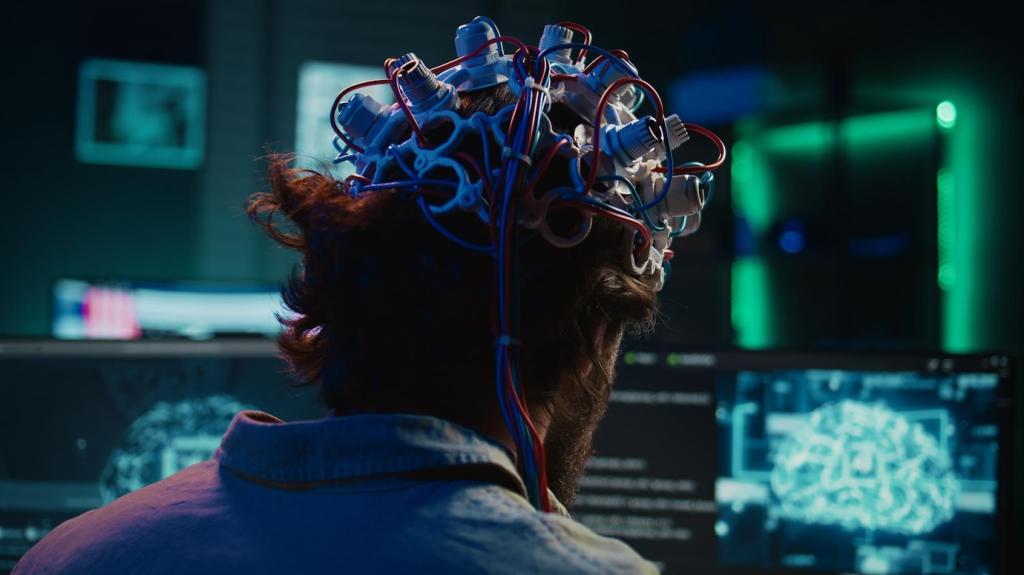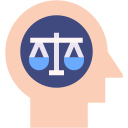The Role of Ethics in Artificial Intelligence Development
Artificial Intelligence (AI) has ushered in a new era of technological advancement, radically transforming industries, societies, and daily lives. However, as AI systems become increasingly sophisticated and integrated into critical aspects of our world, the importance of ethical considerations grows ever more urgent. This web page delves into the multifaceted role of ethics in AI development, exploring the foundational principles, challenges, and future direction for creating responsible and trustworthy artificial intelligence.

Foundations of AI Ethics
The definition of ethical principles in AI centers on establishing guidelines that govern the behavior and intentions of intelligent systems. Core ethical frameworks typically include concepts such as fairness, accountability, transparency, and respect for human rights. As AI increasingly influences decision-making processes that affect individuals and communities, adhering to these principles helps prevent abuses of power and reduces the risk of harm. It is through the careful consideration of these ethical tenets that AI can remain aligned with societal values and the collective good.
Previous
Next
Bias and Fairness in AI Systems
Bias in AI often arises from the data used to train machine learning models. Because such datasets frequently reflect pre-existing societal inequalities, algorithms may inadvertently perpetuate harmful stereotypes or marginalize certain populations. The involvement of human developers—who themselves may bring unconscious biases—further complicates the issue. To combat this, it is essential to examine the origins of bias and understand how it can seep into AI at multiple stages, from data collection to systems deployment.
Transparency and Accountability
The Demand for Explainable AI
Explainable AI refers to the ability of AI systems to provide clear, understandable rationales for their decisions. In high-stakes situations such as medical diagnoses or legal rulings, users and impacted parties must be able to comprehend how and why decisions are made. Emphasizing explainability not only builds trust, but also allows developers to identify and rectify potential flaws in their systems, ensuring responsible and reliable AI outputs.
Building Systems for Auditability
Auditability is a critical component of accountability in AI development. Creating systems that can be independently reviewed and tested for accuracy, fairness, and security enables organizations to detect problems before they affect end users. This requires careful documentation of development processes, clear logging of decision-making steps, and collaboration with external reviewers. Ultimately, auditability fosters a culture of openness that holds developers responsible for their creations.
The Role of Regulatory and Legal Oversight
Governments and regulatory bodies play a vital role in overseeing AI development to ensure organizations adhere to ethical standards. Laws and guidelines mandating transparency, data protection, and nondiscrimination reinforce accountability, compelling developers and companies to prioritize ethical considerations. Regulatory oversight not only deters misconduct but also cultivates public confidence in AI technologies by setting clear boundaries and expectations for their use.
Privacy and Data Protection
Obtaining data ethically requires securing informed consent and respecting individuals’ rights regarding how their information is utilized. Ethical AI development mandates transparent communication about data usage and proactive measures to avoid intrusive or unauthorized data collection. By centering ethical data practices, organizations protect against misuse and create AI systems rooted in respect for personal autonomy and dignity.

Human Autonomy and Decision-Making
The Principle of Human-in-the-Loop
Human-in-the-loop design ensures that humans retain oversight and control over AI-driven decisions. By embedding mechanisms for human review, intervention, and override, developers safeguard against potentially harmful or erroneous outcomes. Human-in-the-loop systems balance automation with human judgment, reinforcing the ethical imperative that technology serves human interests, not the other way around.


Avoiding Over-Reliance on Algorithms
While AI offers significant efficiencies, there is a danger in becoming overly reliant on algorithmic outputs at the expense of critical thinking or contextual understanding. This over-reliance can erode skills, diminish accountability, and create scenarios where flawed AI decisions are accepted uncritically. Ethical development requires careful calibration of autonomy: ensuring people maintain the final authority and that AI augments rather than supplants human expertise.

Previous slide
Next slide
Previous slide
Next slide

